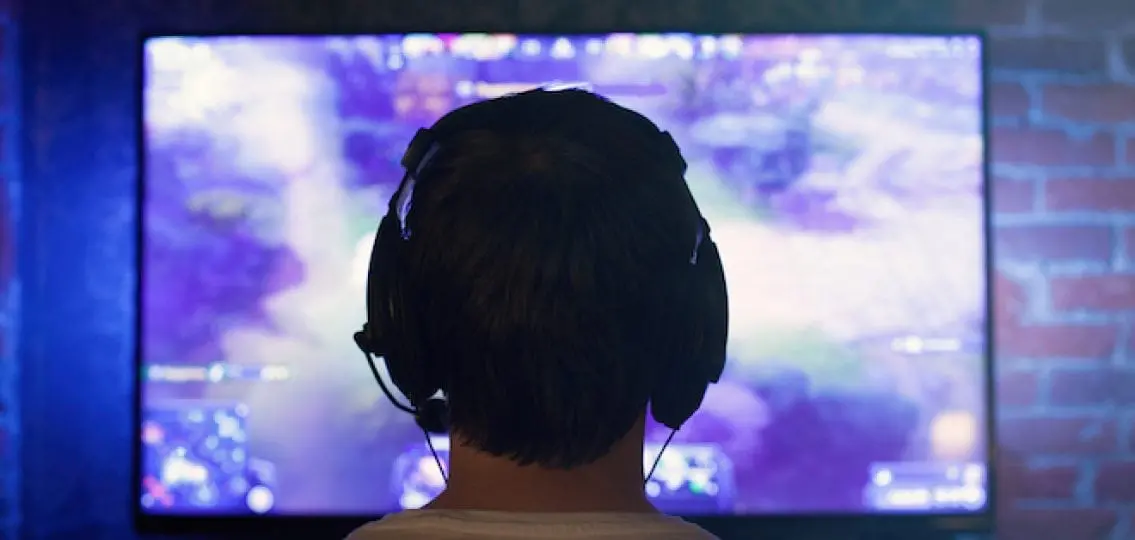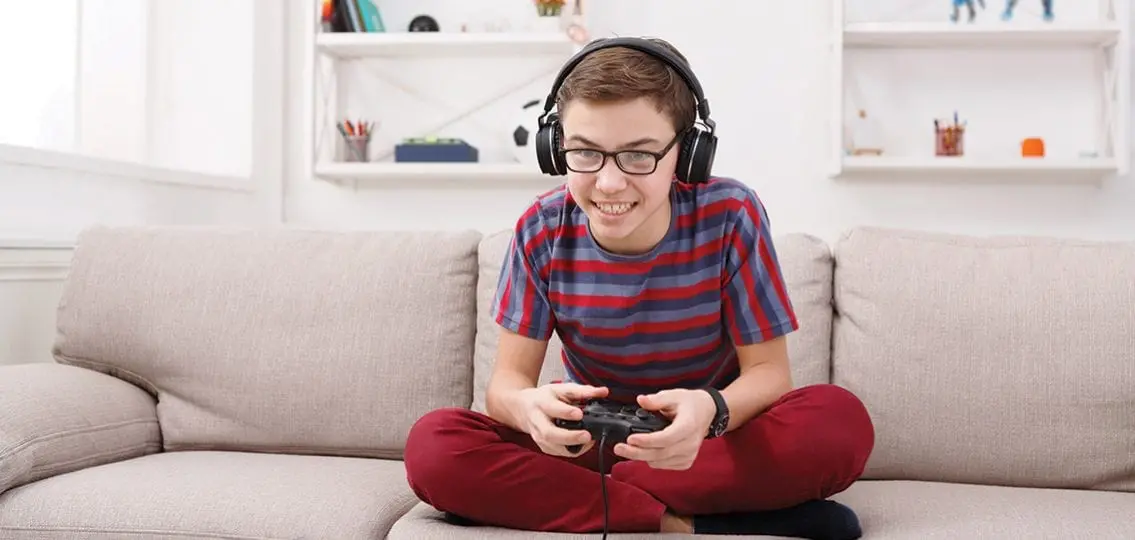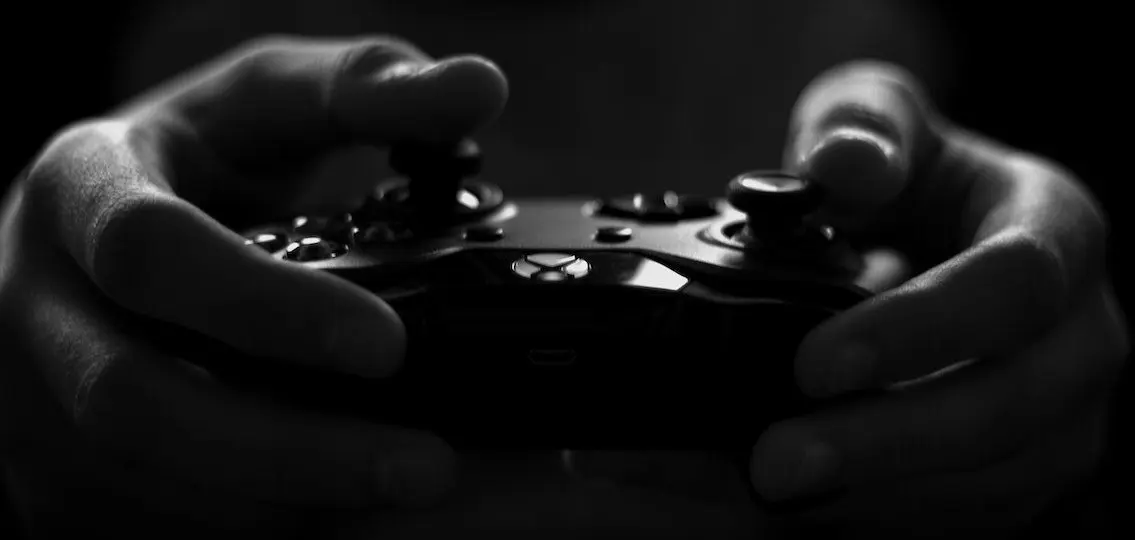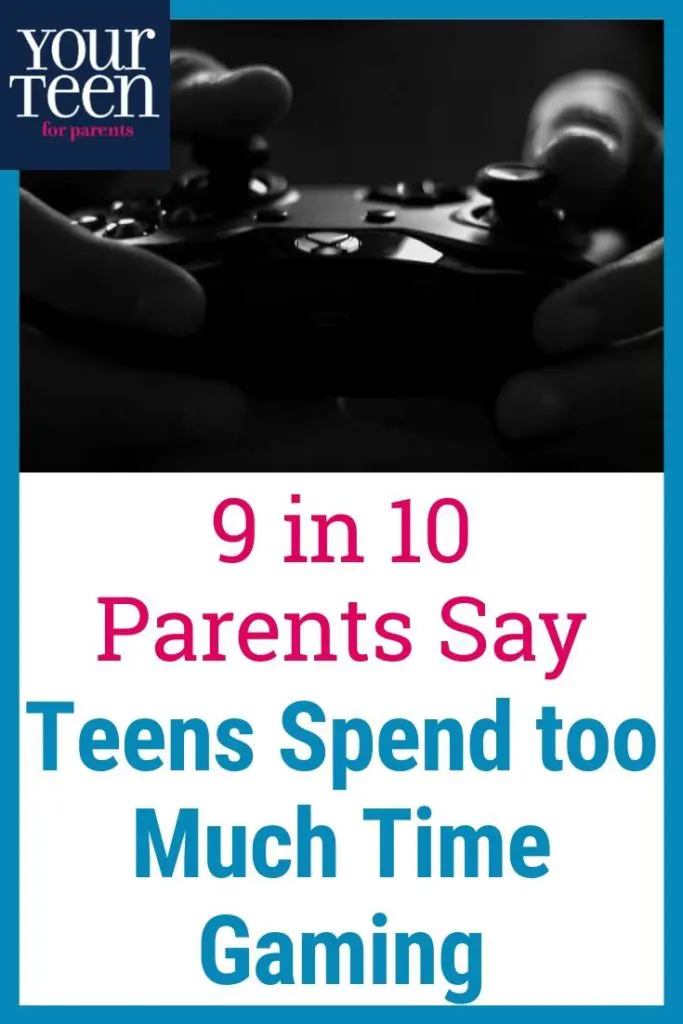“Just 20 more minutes, Mom!”
According to the clock on the kitchen stove, I hadn’t seen my son in an hour. The timer above it on the microwave had already gone off and his time was officially up. Instead of responding to the request for more time, I marched to my son’s room with my hand out for the video game controller. No more minutes.

We’ve come a long way toward keeping tabs on my teen’s video game usage. My 15-year-old son was once, dare I say, addicted to video games. I would wake up in the middle of the night for a glass of water to find him sneaking in a round or two. When we had to make a detour after school instead of going straight home, he would become restless and irritable. He was ready to game.
When my son’s teacher sent home a concerned email that he was falling asleep in school, that was it. Something had to be done, so we made a visit to a counselor. “How many hours per day would you say your son spends gaming?” he asked. We didn’t know; like many parents, we had been blissfully unaware.
Teens and Gaming: Are Parents in Denial?
According to a recent Mott Poll report, nine out of ten parents say teenagers in general spend too much time playing video games. What’s even more concerning, though, is that most parents gravely underestimate how much time their own teens spend playing video games. The report found that 78 percent of parents believe their own teens spend less time gaming than their peers.
The numbers tell a different story: 87 percent of teens game every day, and most of them spend more than three hours per day playing video games.
That’s a lot of gaming, and some of us parents might be in a bit of denial about the number of hours our teens are spending on video games.
How Much Gaming is too Much?
Gabriella Eljaiek, MSW, an adolescent clinician at addiction treatment center FCCR Radford in Richmond, Virginia, says gaming alone is not necessarily unhealthy, but parents need to monitor their teens’ gaming. “It’s important to set boundaries around the amount of time spent gaming,” she says. “Keep a log and use this to reflect back to your teen about how much time they spend gaming.” She notes that too much of anything can begin to have a negative impact and emphasizes that it is “important to maintain balance in types of activities.”
Negative Impacts of Excessive Gaming
School counselor Heidi Schellinger has seen first-hand the effects excessive gaming has on school performance. “The biggest negative factor we see at school is loss of motivation in anything else besides the video games. Behavior becomes withdrawn, many prior interests lose importance, struggles in mental health become evident at times,” she says. She believes students who spend too much time gaming have “fundamental issues communicating even the most basic needs or wants to adults or peers. We often see an academic performance decline when video games have taken control of a student’s life.”
When to Intervene
Because there’s no hard and fast rule or recommendation for gaming limits—or screen time in general—for teens, how can parents know how much time is the right amount of time? “If gaming seems to be reducing time spent fulfilling responsibilities or socializing or the ability to complete daily activities of life such as showering, eating and caring for yourself then the behavior is beginning to be problematic,” says Eljaiek, “and this is an indication that balance needs to be restored and boundaries need to be set.”
Yes, many teens spend too much time on video games, but gaming doesn’t have to be an evil we must banish. “Gaming alone is not necessarily unhealthy, so it can be beneficial to really understand your child’s perspective and why they enjoy the activity,” says Eljaiek. Ask them, “What games are they into? Why do they like them? Parents can maybe even ask to play along,” she suggests.

Showing an interest in our teens’ gaming can be a good way to connect with them. And that’s a win-win for everyone.




